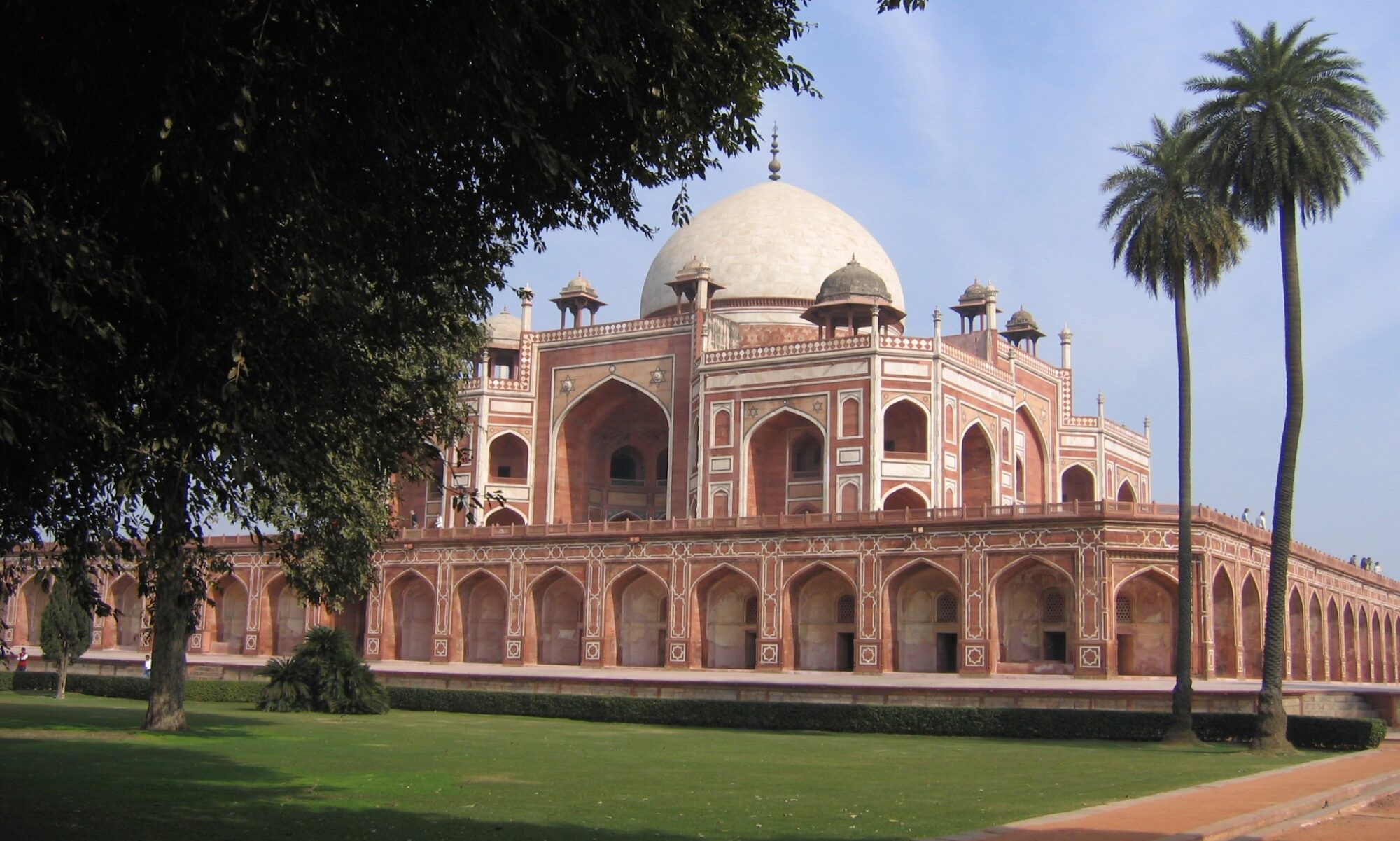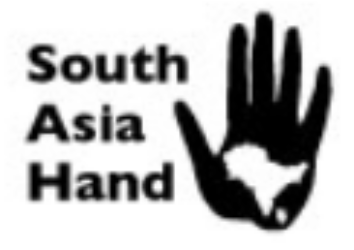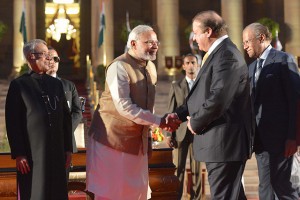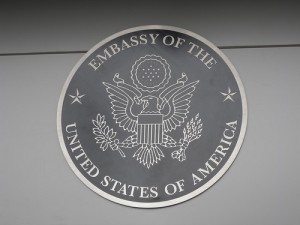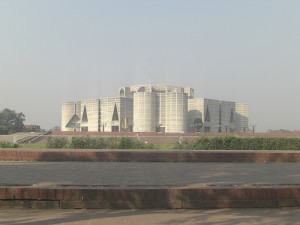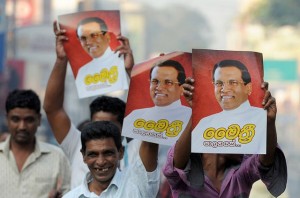
January 12, 2015: Maithripala Sirisena, sworn in as Sri Lanka’s president soon after his stunning upset victory in the January 8 election, will have a very different persona from his predecessor. His top priorities deal with domestic governance, and will be tough to implement. He presides over a coalition which has little in common except distaste for his predecessor. His election presents an opportunity to reset Sri Lanka’s relations with India and the United States. To do this, he and his foreign friends will need tact and creativity, and he will need all his political skills to keep the coalition together. A good place to start would be to suspend action on the annual U.N. Human Rights Commission resolution on Sri Lanka while the new team gets its balance.
Continue reading “Sri Lanka: After the Election Upset – What Next?”
